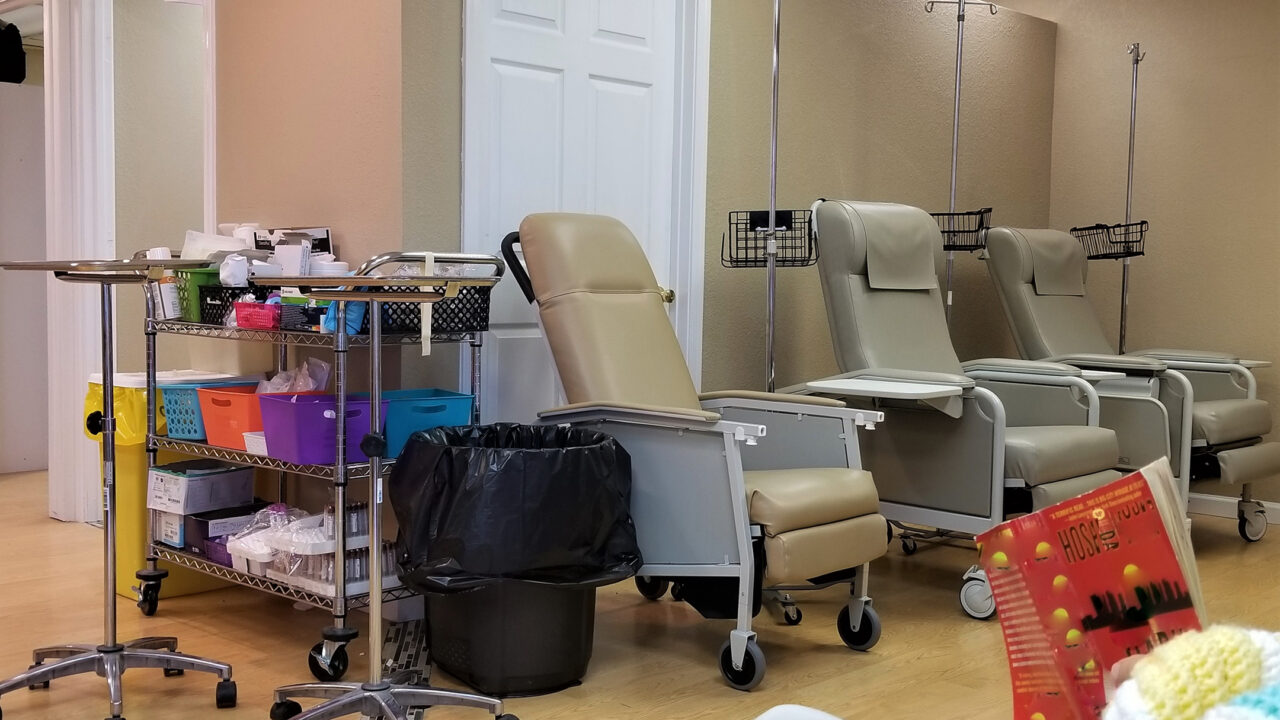MD Anderson and KKR-backed Replay form new product company Syena to pioneer first-in-class TCR NK cell therapy
The University of Texas MD Anderson Cancer Center and Replay announced the launch of Syena, a new oncology-focused product company pioneering T cell receptor (TCR) natural killer (NK) cell therapies. Building on the intellectual property and technology from MD Anderson and Replay, Syena has the potential to create the next generation of cell therapy, combining the safety, potency, and scalability of NK cells with the ability of TCRs to target intracellular tumor antigens. The new company’s TCR NK cell...











